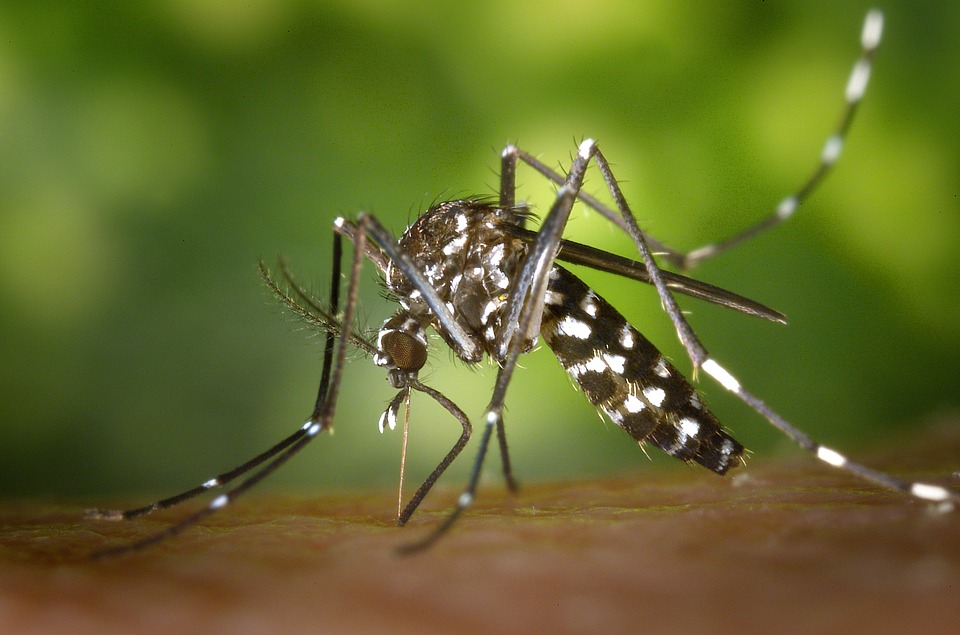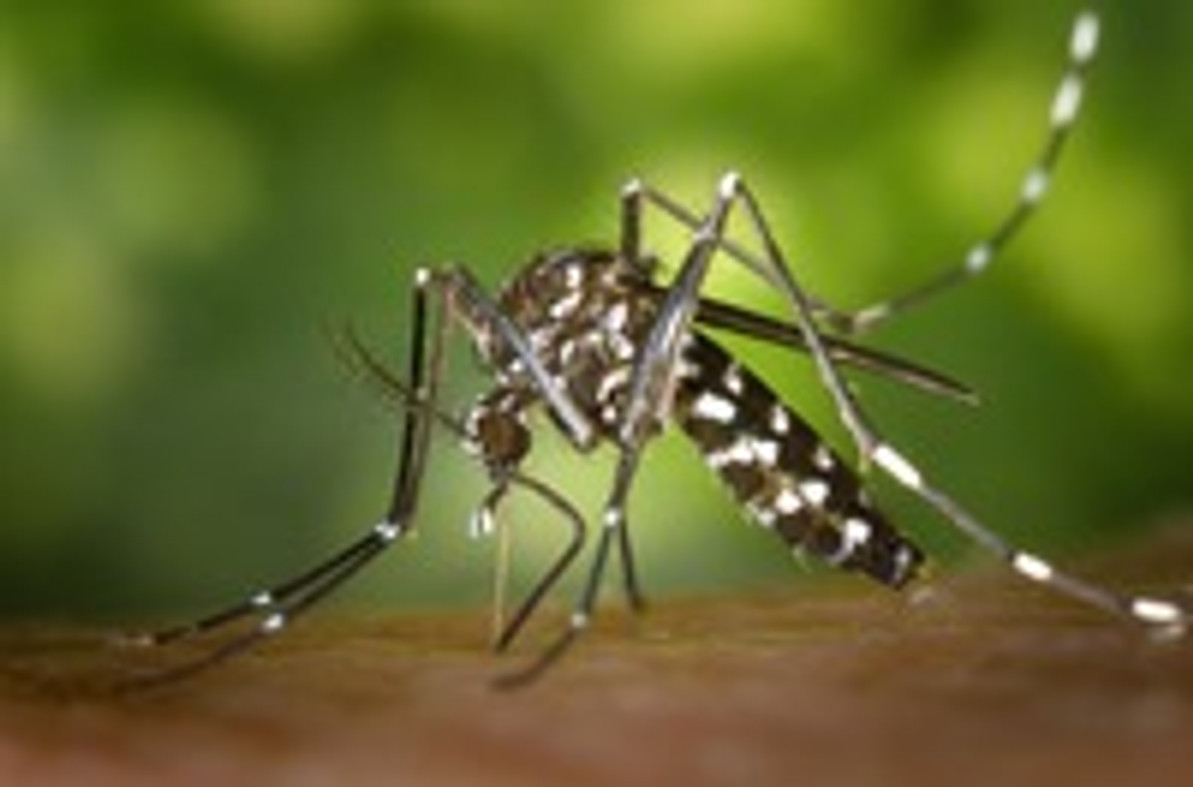OSHA to Publish Interim Guidelines for Zika Virus Protection

The federal Occupational Health and Safety Administration (OSHA) has announced plans to publish interim guidelines for Zika virus protection by spring.
Zika was first discovered in the late 1940s in Uganda, during which monkeys infected with yellow fever were exhibiting symptoms of the virus. It wasn't until the 1950s, however, when it was identified in humans. Since then, outbreaks have occurs in numerous regions, including Africa, Asia, the Pacific, and the Americas.
People who are infected with the Zika virus may exhibit symptoms ranging from mild fever and skin rashes to muscle paint, joint pain, fatigue and headache. Symptoms typically last for 2-7 days.
Because it's a mosquito-borne virus, Zika is particularly easy to spread, especially in humid regions with minimal insect/pest control. This has prompted OSHA to work on a set of new guidelines to better protect workers from this virus. According to OSHA's David Michaels, the Administration is working to develop an interim guideline for workers both here in the United States, and those who work overseas.
"Coming soon to a federal office near you is the Zika virus, and we're quite concerned about it,” said OSHA Assistant Secretary David Michaels. "There's growing concern across the federal government. We've heard from a bunch of agencies about the Zika virus. We're developing interim guidance for protecting workers for you all to use, both for your workers who go overseas, but also we're seeing the first cases in the United States, and we have to be prepared for that as well.”
Of course, this isn't the first time that OSHA has taken action to help control the spread of an infectious disease. Just last year, officials published a similar interim guideline in the wake of the Ebola outbreak, complete with requirements on how workers should protect themselves in environments where there's a risk of infection.
It's also important to note that the Occupational Safety and Health Act gives workers the right to refuse a job or task if there's a reasonable belief that it may cause imminent death or serious injury. Does the Zika virus fall under this category? Ben Huggett of Littler Mendelson P.C says that workers should proceed with caution when refusing work over Zika virus concerns, yet it's still a viable option in cases where there's a high risk of infection.
Recent Posts
-
Fire Safety in the Workplace: What You Need to Know
What steps are you taking to prevent fires in your workplace? According to the U.S. Occupational Saf …Aug 23rd 2023 -
Is It Safe to Go Jogging With a Cold Infection?
If you're suffering from a cold infection, you might be wondering whether it's safe to go jogging. T …Aug 22nd 2023 -
5 Safety Tips to Follow When Using a Powder-Actuated Tool
Powder-actuated tools are commonly used to join materials to steel and concrete. Also known as Hilti …Aug 20th 2023




